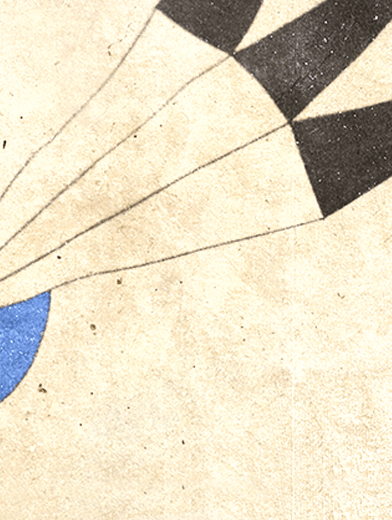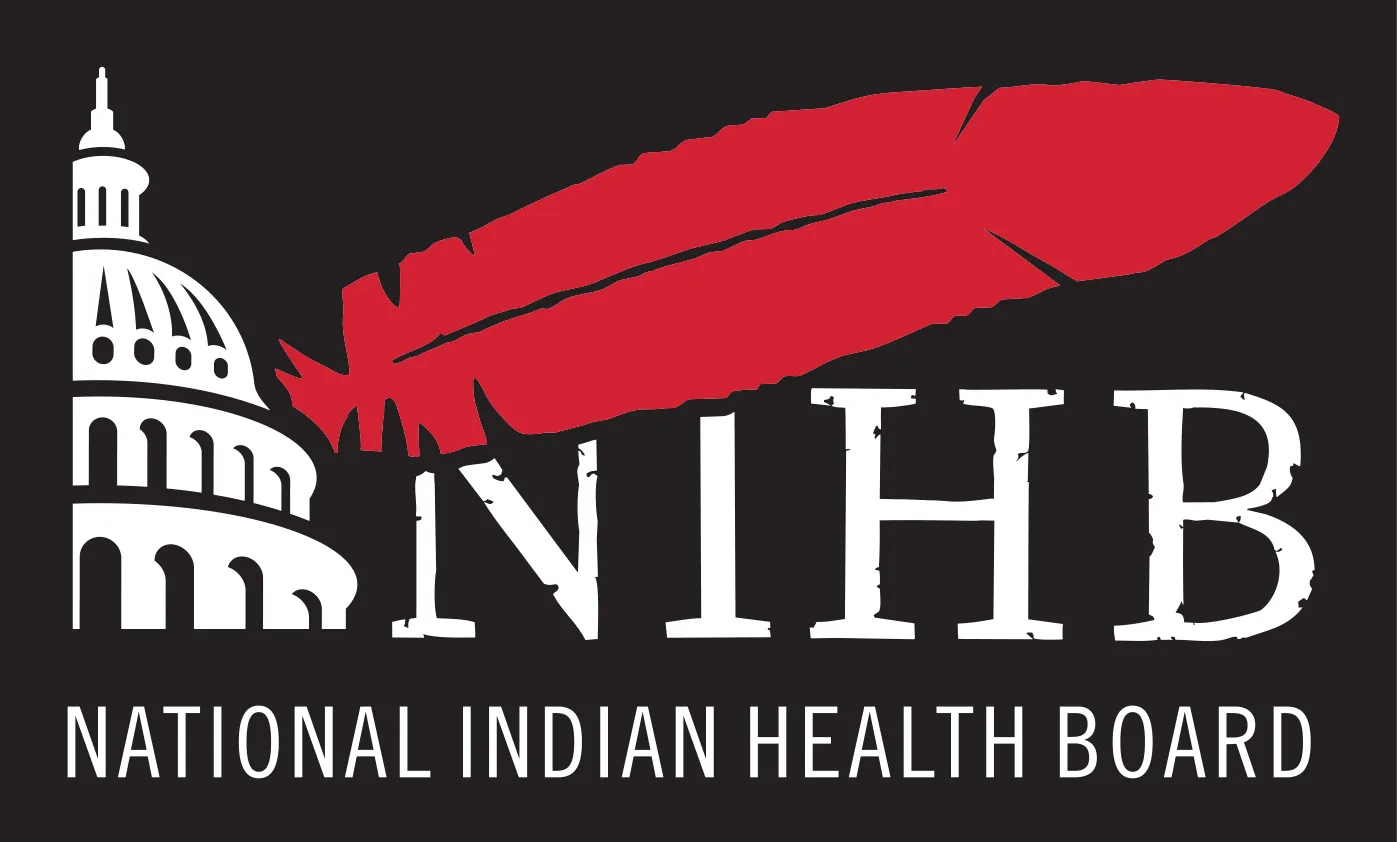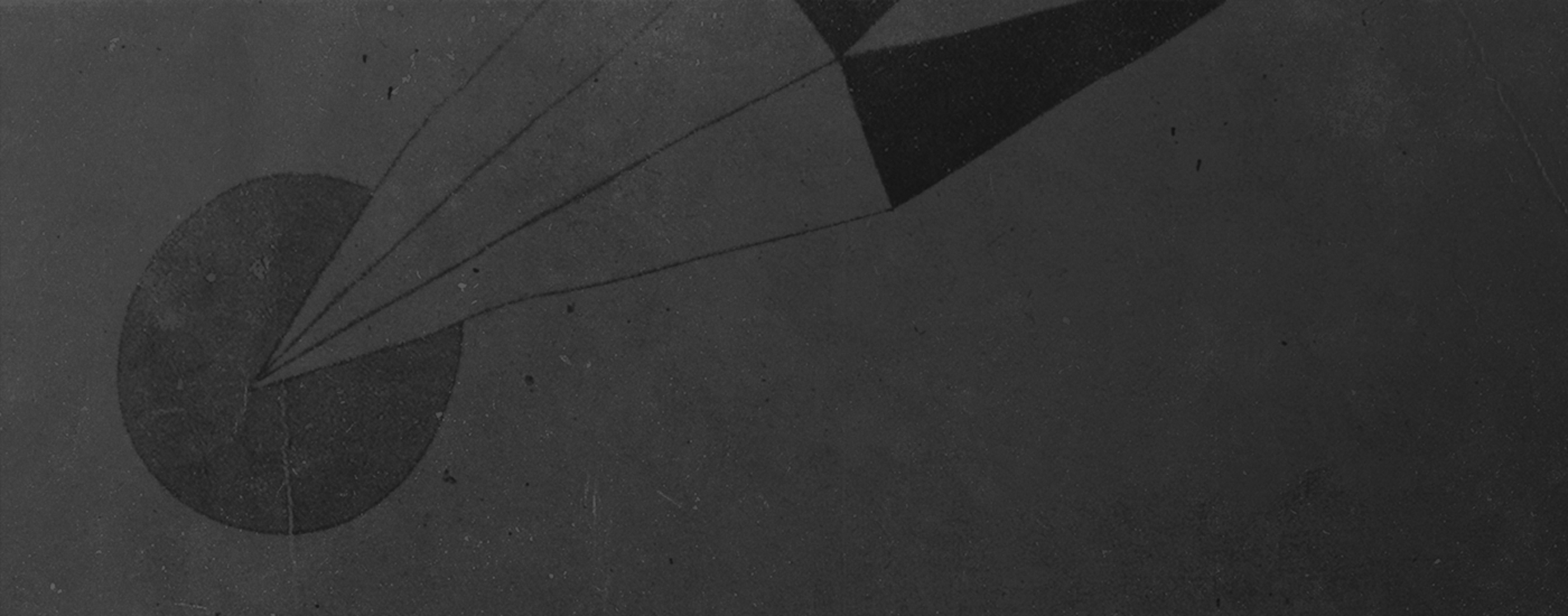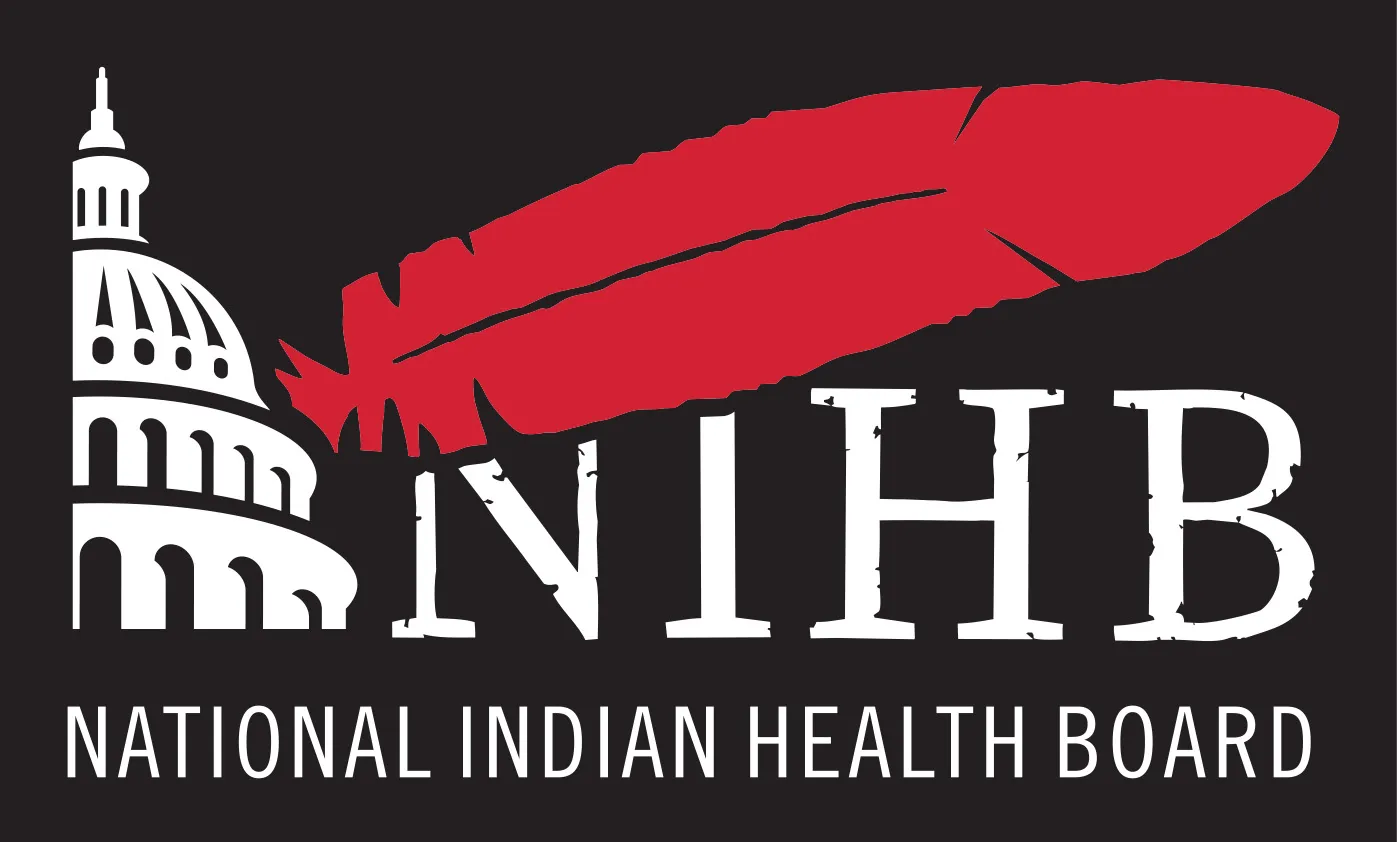The National Indian Health Board (NIHB) condemns President Donald Trump’s recent threat to block the Washington Commanders’ stadium deal unless the team reverts to its former name—a slur so offensive and harmful that it has been publicly rejected by Native communities for decades.
This is not about nostalgia or branding. It is about dignity, health, and truth.
For generations, Native-themed mascots and names have dehumanized Native people, reducing our identities to caricatures, costumes, and slurs. These images don’t honor our children; they hurt them. They perpetuate harmful stereotypes, fuel discrimination, and contribute to devastating mental health outcomes for American Indian and Alaska Native youth.
Using our identities as mascots disrespects our cultures and turns sacred items and practices into entertainment. It strips away our humanity and replaces it with mockery. Our children deserve to be seen as whole, powerful people instead of costumes on a field.
Native people are not mascots. We are sovereign, living Nations with deep traditions, diverse cultures, and strong futures.
For many Tribal Nations, headdresses are sacred, earned through honor and worn with spiritual purpose. They are not decorations; they are holy. To mock or misuse them is to desecrate something deeply meaningful.
Our names and our identities are sacred too.
Research supports what Native people have always known: exposure to Native mascots leads to lower self-esteem and a diminished sense of potential among Native youth. The American Psychological Association, U.S. Commission on Civil Rights, and countless Tribal Nations have all called for the permanent retirement of Native-themed mascots, recognizing them as a form of racial discrimination with real-world mental health consequences.
In 2022, NIHB codified this stance in its Legislative and Policy Agenda, declaring Native mascots a public health and educational justice issue. We reaffirm that position today.
“Our people are strong, sovereign, and worthy of respect,” said William “Chief Bill” Smith (Valdez Native Tribe), Chairman of the National Indian Health Board and Alaska Area Representative. “Native youth deserve to see themselves reflected with pride—not reduced to mascots or mockery. Representation should celebrate our cultures, not caricature them. We are not relics of the past—we are still here. We are Nations with power, purpose, and a future.”
The president’s attempt to revive this harmful narrative for political gain is dangerous and regressive. We call on all leaders to reject rhetoric that weaponizes racism and instead stand with Native youth, families, and sovereign Nations.
This fight is about more than a name. It is about identity, equity, and healing. The era of Native mascots must end. Not just in name, but in spirit.





